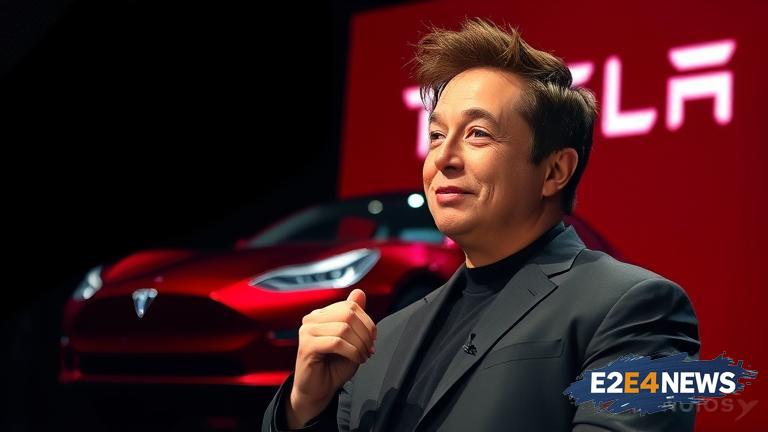In a move that has sparked controversy and debate, Tesla’s board of directors has awarded CEO Elon Musk a staggering $29 billion stock award. This development comes just months after a court struck down a previous pay deal that had been agreed upon between Musk and the company. The new award is part of a revised compensation package that aims to incentivize Musk to continue leading the company towards its ambitious goals. Despite the controversy surrounding the award, Tesla’s board believes that Musk’s leadership has been instrumental in driving the company’s success. Under Musk’s guidance, Tesla has become one of the leading players in the electric vehicle market, with a market capitalization of over $1 trillion. The company has also made significant strides in the development of autonomous driving technology and renewable energy solutions. However, the award has also raised concerns among investors and corporate governance experts, who argue that it is excessive and not aligned with the company’s performance. The previous pay deal, which was struck down by the court, had been criticized for being too generous and not providing sufficient safeguards for shareholders. The new award has also sparked concerns about the concentration of power and wealth among corporate executives. Musk is already one of the richest people in the world, with a net worth of over $200 billion. The award is expected to further increase his wealth and influence, raising questions about the impact on the company’s governance and decision-making processes. Tesla’s board has defended the award, arguing that it is necessary to retain Musk’s services and ensure the company’s continued success. The board has also pointed out that the award is tied to specific performance metrics, including the company’s stock price and revenue growth. However, critics argue that the metrics are too easy to achieve and do not provide sufficient accountability. The controversy surrounding the award has also highlighted the need for greater transparency and accountability in corporate governance. Investors and regulators are calling for more stringent rules and guidelines to ensure that executive compensation is fair and aligned with shareholder interests. The award has also sparked a wider debate about the role of corporate executives and their compensation. Many argue that executives are already overpaid and that their compensation should be more closely tied to the company’s performance. Others argue that the award is a necessary evil, as it provides a powerful incentive for executives to drive growth and innovation. As the controversy surrounding the award continues to unfold, it remains to be seen how it will impact Tesla’s governance and decision-making processes. The company’s shareholders will be closely watching the situation, as they seek to ensure that their interests are protected. The award has also raised questions about the future of corporate governance and the role of executives in driving growth and innovation. Ultimately, the outcome of this controversy will have significant implications for the future of Tesla and the wider corporate world. The company’s board and executives will need to navigate the complex web of regulations and stakeholder interests to ensure that the award is seen as fair and reasonable. As the situation continues to evolve, it is clear that the controversy surrounding the award will have far-reaching consequences for Tesla and the wider corporate world.




